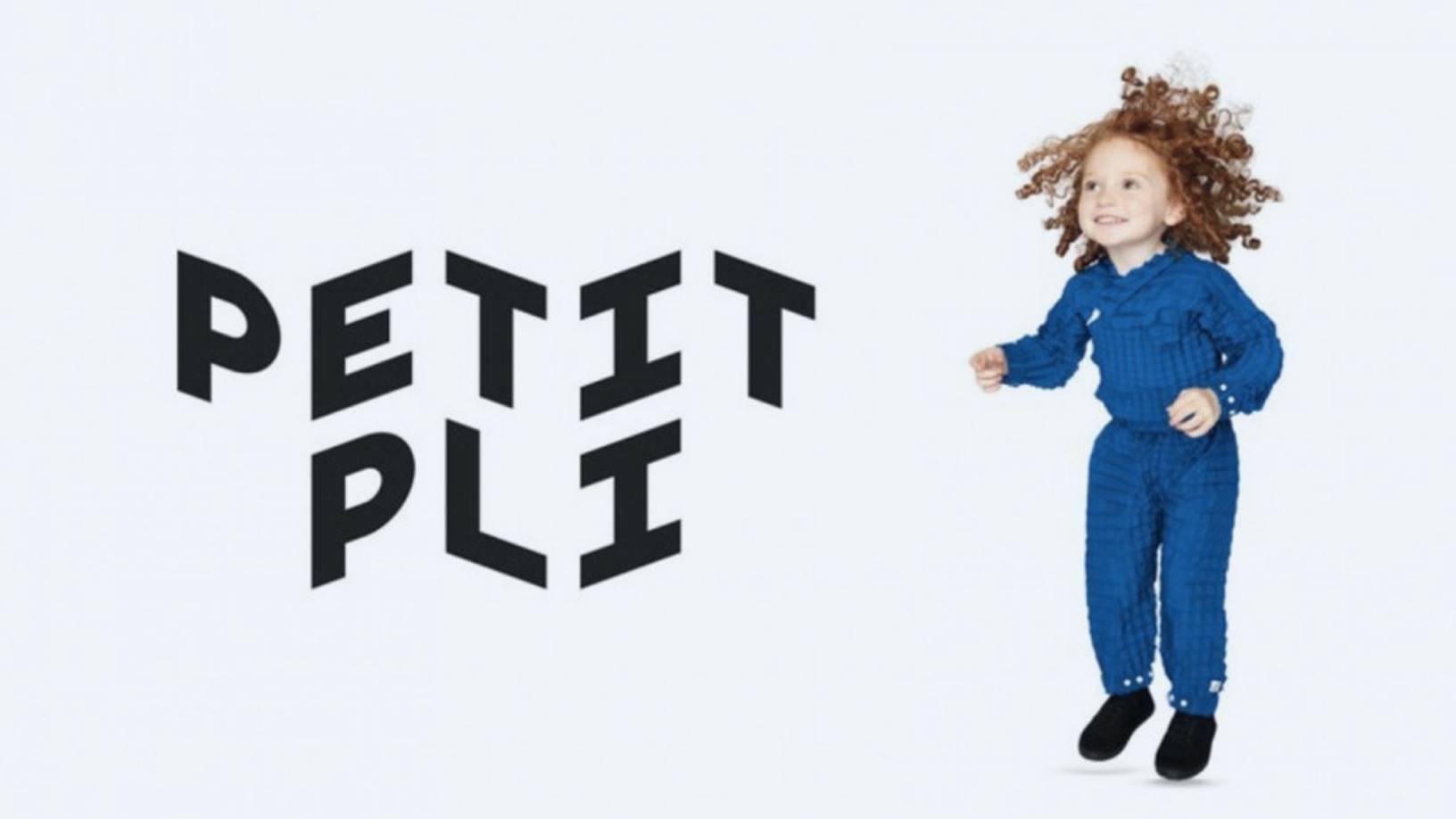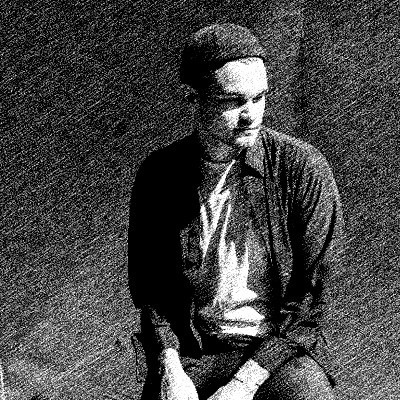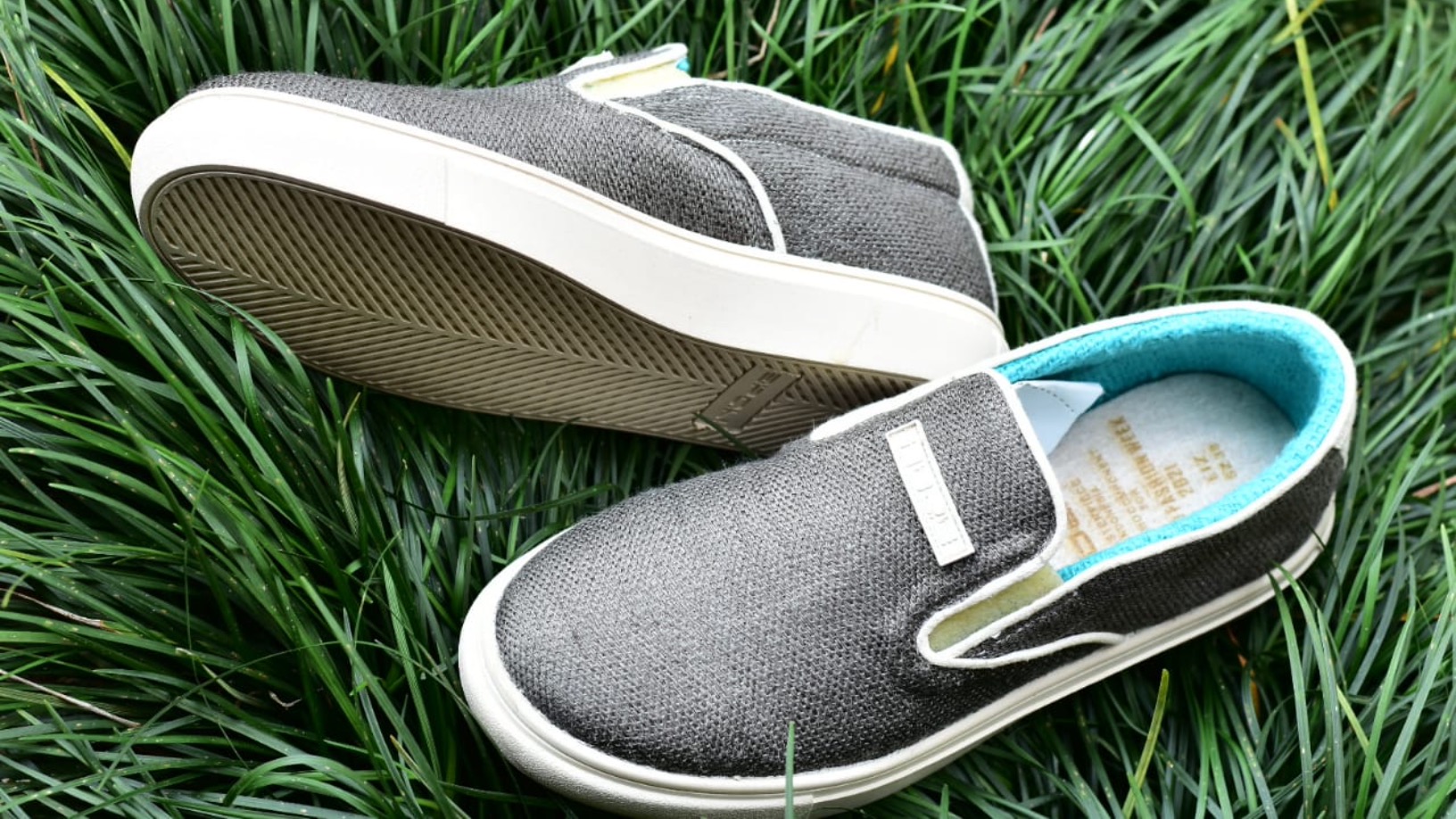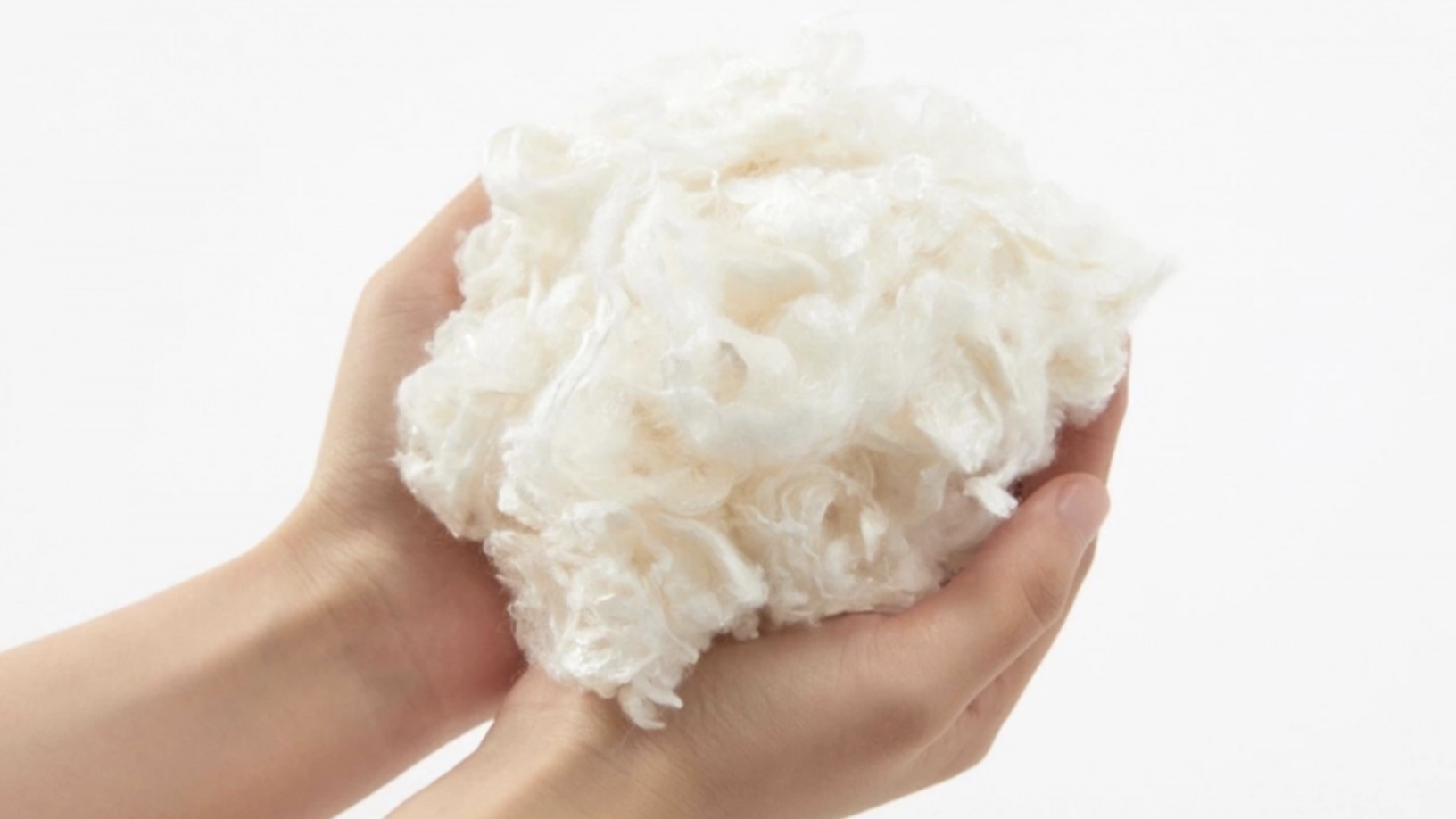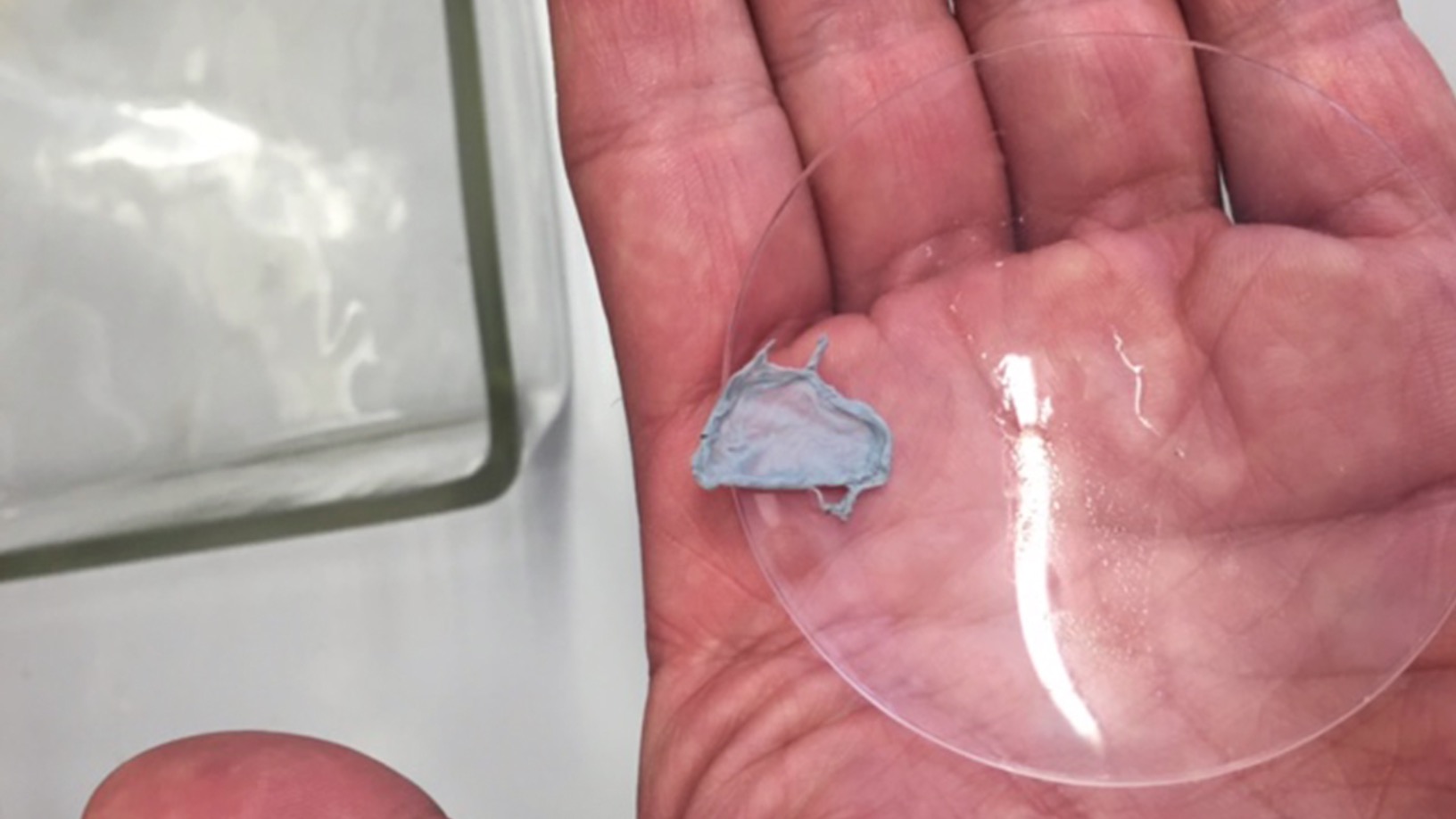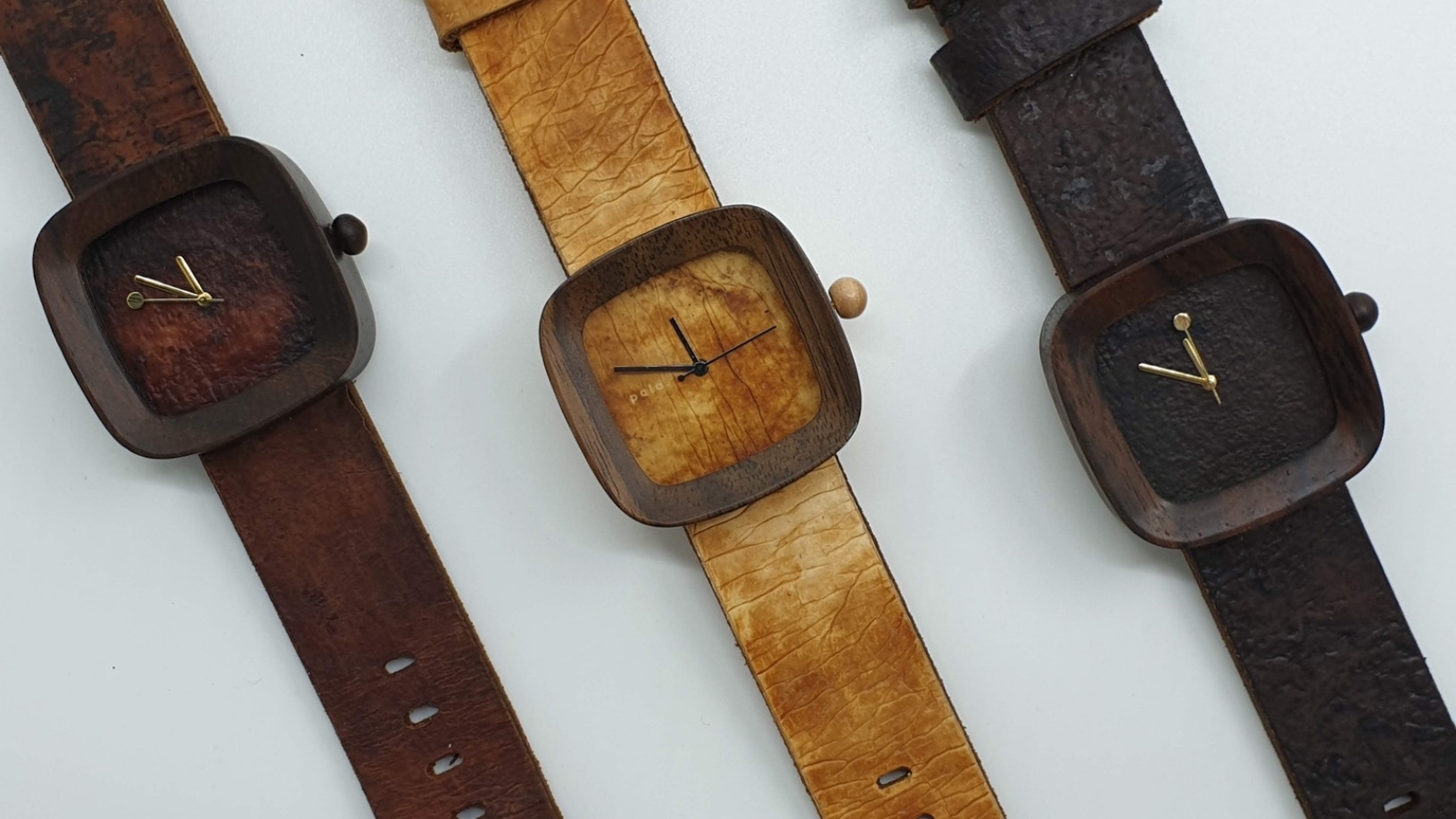Ryan Mario Yasin was studying in London when his sister gave birth back home in Iceland. Yasin bought his newborn nephew some clothes but by the time the baby got his present, he had already grown too big to fit into the outfits.
That’s how Yasin, an aeronautical engineer by training, began designing a pleated garment that would expand to continue to fit children throughout their first years of life. Shortly after, in 2017, he set up Petit Pli, a London-based material technology company, at just 23 years old.
The startup – whose name means “little fold” in French, and chosen in homage to the famous pleats of Japanese fashion designer Issey Miyake – makes stylish, high-performance clothes out of recycled plastic fiber that expand or shrink to fit bodies of different shapes and sizes. This is thanks to a patented pleated design.
“Our garments grow through seven discrete sizes to mitigate the waste resulting from the fashion industry,” said Yasin, who finalized the MVP for Petit Pli while studying for his master’s in Global Innovation Design at the Royal College of Art.
The first creation was designed with infants and toddlers in mind and soft-launched in 2018. Petit Pli has since expanded its range to include children and adult clothing. Its products have gone viral in the design community and won a number of prestigious awards, including the 2017 UK James Dyson Award, the 2018 Dezeen Award for wearable design of the year, the 2019 Red Dot Product Design Award and the 2019 H&M Global Change Award.
Sales have grown steadily since the commercial launch in 2019. To date, Petit Pli has received over 6,000 orders from customers across 65 countries, all of which were directly sold to consumers from its e-store. In June 2021, the company joined a handful of startups launching equity crowdfunding campaigns on Crowdcube.
Engineered for sustainability
Today, Yasin continues to head Petit Pli as CEO. Ultimately, he hopes the company can catalyze further innovation, and play a pivotal role in accelerating the fashion industry’s shift to a more sustainable future.
At the heart of Petit Pli’s wearable technology is its signature pleated fabric developed in-house by its team of aerospace engineers, product and fashion designers and sociologists.
Inspired by a design for space satellites as well as the art of origami, Yasin drew on his expertise in aeronautical engineering to come up with a special pleated fabric structure. The pleats expand and collapse in multiple directions, allowing for freedom of movement for the wearer, as well as an adjustable size and shape.
“Petit Pli has a beautiful architectural form, a form which follows its function, much like in aeronautical engineering,” he said.
The fabric itself is made from upcycled plastic by a manufacturing partner in Portugal that uses only clean energy. Recycled polyester pellets are turned into fibers, which are interlaced into fabric. Pleats are added, then fixed in place using heat. The eventual material is lightweight, windproof, breathable and resistant to dirt and rain. It is also created to last, machine-washable and certified free of harmful substances.
The result: futuristic, functional garments for babies, children or adults that move freely and adapt to bodies over time. Petit Pli garments can even stretch to fit the changing bodies of women during pregnancy, which can triple in size in a matter of weeks. They can also shrink back to fit after weight loss.
An alternative to heavy polluting fashion
Petit Pli hopes its products will not only save consumers money, but also help address the waste and environmental impact associated with the global clothing industry. It is part of a wider movement aimed at changing unsustainable practices in the fashion industry as the world’s unused clothing is worth an estimated £30bn.
In 2018, fashion companies accounted for a larger share of the world’s CO2 emissions than the UK, Germany and France combined. They also used up significant scarce water resources – over 5,000 gallons of water are required to produce a single T-shirt or pair of jeans.
Meanwhile, one in every two consumers are throwing their unwanted clothes straight in the trash, and around £140m worth of clothing enters landfill each year. Around 40% of clothing is returned because of inaccurate sizing.
“Despite our basic need for clothes we have lost respect and value for them, and the people that make them. We bury our clothes ahead of mending them – with serious environmental consequences,” Yasin said.
With their flexible fit and increased longevity, Petit Pli’s products offer a possible solution. Extending clothing life by just nine months can lead to a carbon and water reduction of 20–30% each, Petit Pli says. Furthermore, its material is made out of a single fiber, allowing for easier, more energy-efficient recycling compared with mixed fibers. Currently, Petit Pli garments retail from £59–128 for children’s apparel and up to £140 for adult apparel.
Expanding applications
Petit Pli has raised seed financing from institutional investors, namely The Royal College of Art as well as impact investment funds Sustainable Ventures and Sky Ocean Ventures. It has also received more than £400,000 in grants, including support from Innovate UK, the national innovation agency.
The company has also begun applying its wearable technology beyond clothing. Last year, during the Covid-19 pandemic, it launched MSK, an expandable, reusable pleated face mask hailed as one of the best inventions of 2020 by TIME magazine. The pleated mask features multiple adjustment settings for a good fit on any face. It is also supported at the neck, rather than through ear loops, for maximum comfort.
The company followed this product with a second, improved face mask, featuring an anti-viral coating, as well as another accessory, a lightweight pleated pouch which can be strapped to the body or worn like a bag.
Petit Pli plans to find more applications for its patented wearable technology in the near term. It also continues to develop new products, in adult fashion, for example. To boost its branding, it will seek to grow its physical presence in the UK and the US.
